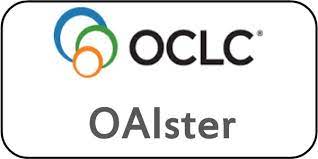Minimal Intubating Dose of Succinylcholine: A Comparative Study of 0.4, 0.5 and 0.6 mg/kg Dose
DOI:
https://doi.org/10.59793/ijcp.v34i2.455Keywords:
Succinylcholine, low dose, intubationAbstract
Muscle relaxants are integral part of modern balanced anesthesia and succinylcholine, a depolarizing drug, is in use despite its adverse effects. The excellent intubating condition, fastest onset and shortest duration of action make it an excellent choice for anesthesiologists. The conventional dose of 1.5-2 mg/kg is commonly used for obtaining relaxation for intubation. This study was conducted with much smaller dose of succinylcholine as 0.4, 0.5 and 0.6 mg/kg to evaluate the acceptable intubating dose at 60 seconds, which was unlikely to have any untoward/side effects.
Downloads
Published
Issue
Section
License
All open access articles published in IJCP are distributed under the terms of the CC BY-NC 4.0 license (Creative Commons Attribution-Non-Commercial 4.0 International Public License). This license permits unrestricted use, distribution, and reproduction of the articles in any medium for non-commercial purposes, provided that: The original authorship is properly and fully attributed. The IJCP is cited as the original place of publication with correct citation details. If an original work is reproduced or disseminated in part or as a derivative work, this must be clearly indicated. No articles are reproduced for commercial use without prior consent from the IJCP. All licensing requests and permissions for commercial use will be managed by the Publisher.














